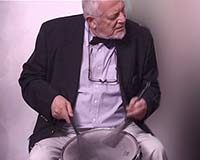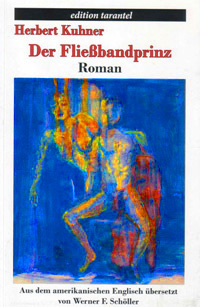Ken Curtis and the Sons of the Pioneers
When I was in grade school I went to the B-western double-feature programs. One venue was the Garden Theater in Trenton. Here’s a description of getting there:
The bus from Princeton arrived at the dreary pea-green Perry Street Bus Station. To the left of the station there was a dry goods store with a window filled with cowboy boots, Stetsons, fancy shirts and belts and other western paraphernalia. I always stopped to look at those hokey treasures on or from my way to the station. Around the corner of Broad Street was the Garden Theater that specialized in B-western double-feature bills. Alongside it was the cubby-hole hot-dog stand that smelled of sauerkraut.
The B-oaters came off the assembly line. They were all alike, with stereotypical goodies and baddies, but there was one element in the Roy Rogers’ films that was unique. And that was Roy singing with the Sons of the Pioneers. It was the A-element of the Rogers B-westerns.
The singing was nothing short of great. I loved it then, and I still love it. The songs were of the western variety, quite different from country & western music.

Garden Theatre in Trenton
Roy filmed for a poverty row studio, but didn’t end up on poverty row like Ken Maynard. He knew how to make a buck and he was never short of the green stuff. Here’s a question: Didn’t he ever get the itch to make an A-film? Didn’t he ever come across a good script that he had the itch to film? Tim Holt was a B-film cowboy, but both Orson Welles and John Huston gave him a chance at acting. But after taking those chances, he went right to riding on the range in B-film oaters.
The Sons graduated to A-films in Rio Grande, an A-film directed by John Ford and starring John Wayne and Maureen O’Hara. However, the graduation was not quite legitimate since the film was released by Republic, a B-film poverty-row studio. It’s where John Wayne started out and it was Roy’s home base. Going back there must have been a delightful homecoming for Wayne.
Rio Grande was the third film in Ford’s Cavalry Trilogy, rounding out Fort Apache and She Wore a Yellow Ribbon. Actually, Ford did not intend to make the third film of the series. He had The Quiet Man in mind. Herbert Yates, however, Republic’s chief was skeptical of its commercial chances and insisted that Ford direct another sure-fire cavalry venture first.
Both Rio Grande and The Quiet Man hit the jackpot. In the former, Ken Curtis teams up with the Sons. There’s plenty of action, but the film is a sort of a musical and the music is magical.
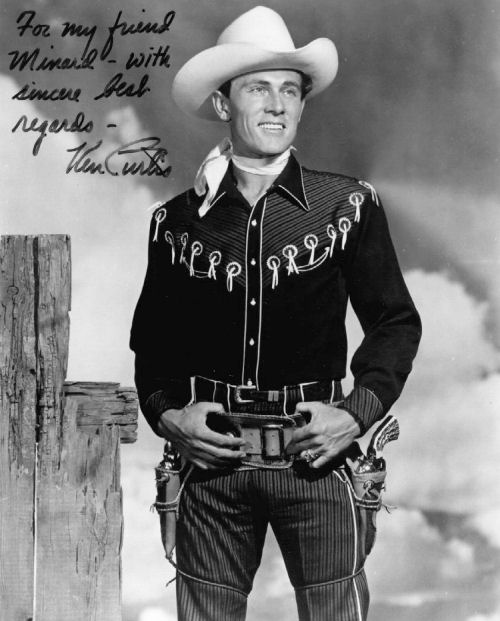
Ken Curtis
These were great moments for Curtis. This actor-singer was handsome and had everything it takes, but didn’t get any further than supporting roles in As and some starring roles in insignificant Bs.
As a singer he subbed for Frank Sinatra in the Tommy Dorsey band and took over for while when Sinatra left. But that’s about it. (I’ll try to dig up those records.)
Don’t ask me who I prefer! I don’t have to hesitate to answer.
Yes, ladies and gents, good looks and talent don’t always insure success. Ken had it all, but who ever heard of him? Well, you can hear him on the Rio Grande soundtrack recording. The songs with the Sons were his great moments. Sorry Roy, but they are unmatched. And thank you Herbert Yates for making it all possible!
Jim Jarmusch – Master Director
Other directors can make films on important themes. I like to go to see them. However, I prefer to make films using details that others edit out. I’ve always been interested in the little things that are considered unimportant but that make up most of our lives.
– Jim Jarmusch
Yes, Jim takes those details and weaves them together in his films. His pace is slow and at times he uses blackouts between scenes. The movement is often drawn out and the mood often infused with black and absurd humor. You’d think that his films would be boring, but they’re anything but.
Here are situations in Ghost Dog and Dead Man:
Ghost Dog is a hit man whose samurai code has been gleaned from a pocket book he carries around with him. His best friend is a Haitian Mr Tastee Ice Cream van hawker who only speaks French. Ghost Dog: “I don’t understand him. I don’t speak French, only English. I never understand a word he says.”
The gun battle in Dead Man is the most slapstick screen violence I have ever viewed. The mild-mannered accountant hero is caught in bed with a gunslinger’s girlfriend. The latter draws his pistol and shoots the girl dead, wounding the accountant with the same bullet. The hero awkwardly reaches for a pistol on his bed table which it seems to go off of its own accord, shooting the assailant in the neck.

Jim Jarmusch
Jarmusch spent his last semester of studying literature at Columbia University in Paris, where he spent his days in the Cinémathèque and became enamored of French films. The influence shows in his style. The sardonic humor is reminiscent of Truffaut, but the flavor of his films is very American. The “details that others edit out,” the bits and pieces, the odds and ends, fall into place so that everything seems to fit. I feel very akin to Jim since I use the same method in structuring my literary work. I often take seemingly unrelated segments, endeavoring to make them form a composition. I consider swing music and film cutting as influences in the craft of bringing out the harmony and rhythm that are inherent in language. A writer works to achieve visual images in the reader’s mind. So there is some kind of similitude between celluloid and the word.
This should be about Jim’s films, and perhaps going off on a personal tangent is a good way of expressing my admiration for them.
Flowers on Her Grave
In Broken Flowers directed by Jim Jarmusch, Bill Murray sets out to search for a son that one of his old flames may have had. He makes a call on each one.
There is a scene where he places flowers on a grave and says, “Hello beautiful.”
When someone you have loved has died,
it breaks your heart all over again,
it breaks your heart all over again.
to be continued . . .
– Herbert Kuhner
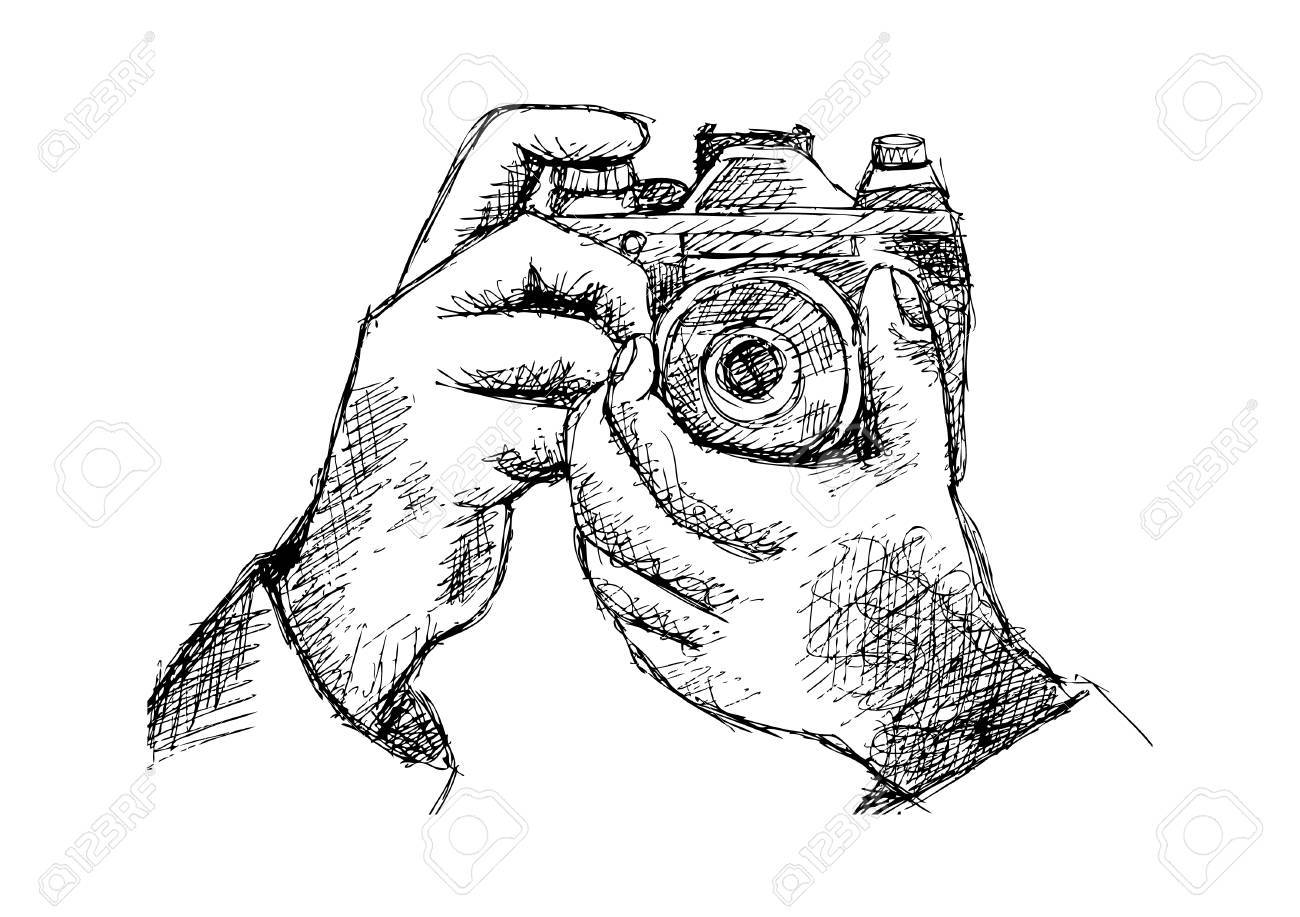
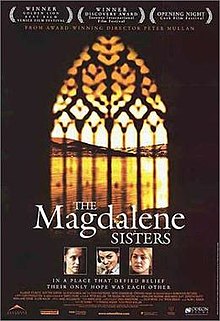












 Users Today : 16
Users Today : 16 Users Yesterday : 156
Users Yesterday : 156 This Month : 1883
This Month : 1883 This Year : 9260
This Year : 9260 Total Users : 230396
Total Users : 230396 Views Today : 34
Views Today : 34 Total views : 1966877
Total views : 1966877 Who's Online : 1
Who's Online : 1
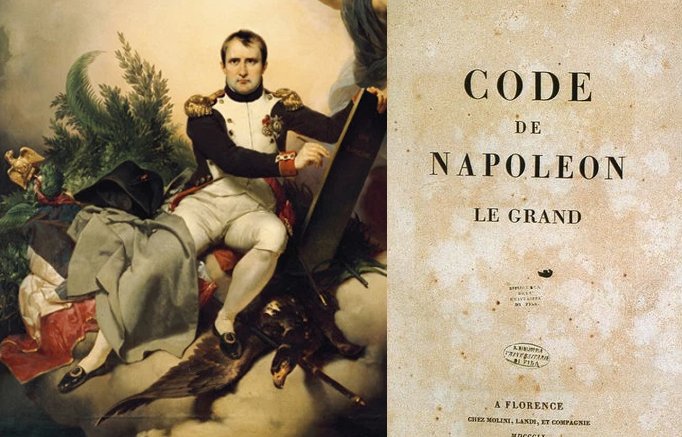
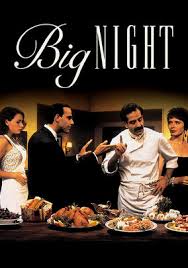 Okay, everyone likes spaghetti Napolitano, but apparently these Jerseyites, or Jerseyans if you will, wouldn’t recognize a gourmet meal, even if it floated from their plate to their palate. No slur to Jersey! I’m a Jersey boy myself. There are gourmet restaurants galore in the Garden State, but they have to be in the right Jersey location. Actually, I don’t know of a wrong Jersey location for Italian food. But there must be one. And Primo and Secundo seem to have found one. Let me say this, as far as Jersey is concerned, they have the best pizza parlors in the world – not the most elaborately designed, but the best.
Okay, everyone likes spaghetti Napolitano, but apparently these Jerseyites, or Jerseyans if you will, wouldn’t recognize a gourmet meal, even if it floated from their plate to their palate. No slur to Jersey! I’m a Jersey boy myself. There are gourmet restaurants galore in the Garden State, but they have to be in the right Jersey location. Actually, I don’t know of a wrong Jersey location for Italian food. But there must be one. And Primo and Secundo seem to have found one. Let me say this, as far as Jersey is concerned, they have the best pizza parlors in the world – not the most elaborately designed, but the best.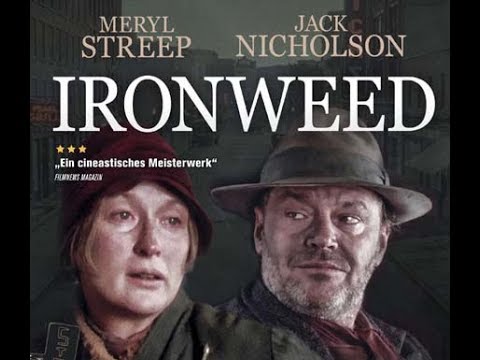
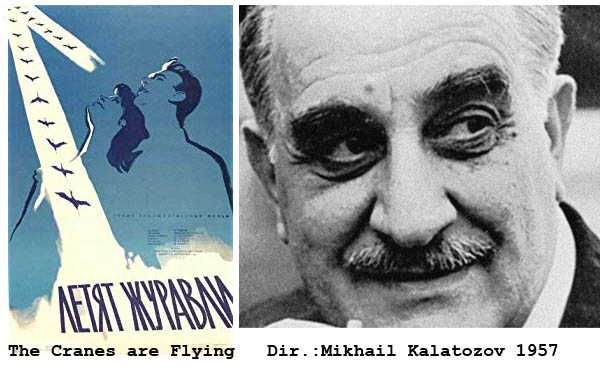
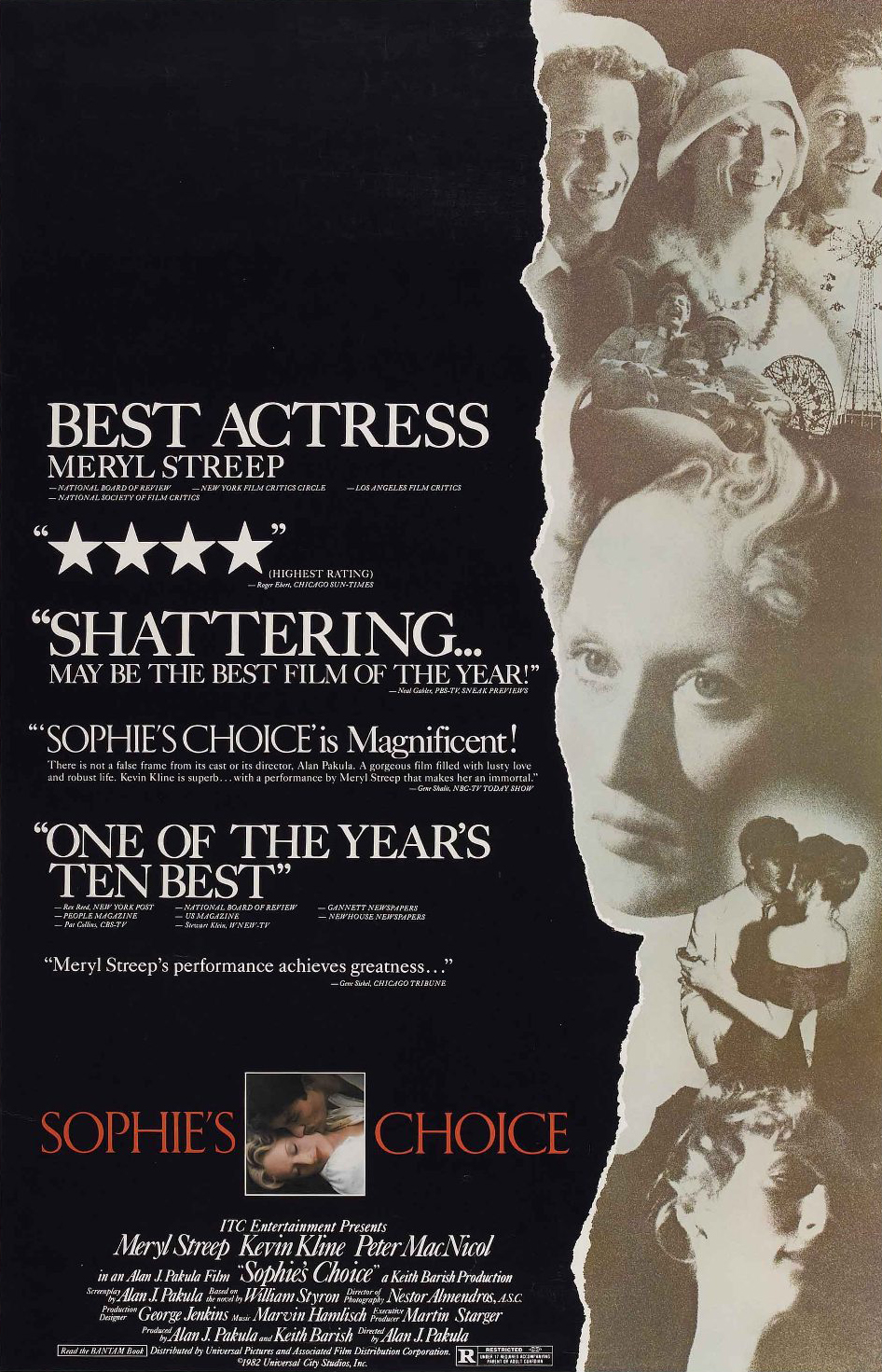
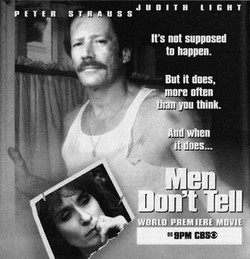 and there’s nothing “light” in the way that she clobbers poor old Pete. In despair, he calls a women’s shelter, and as he starts to tell about the abuse he has been taking, the women who takes the call slams the receiver down.
and there’s nothing “light” in the way that she clobbers poor old Pete. In despair, he calls a women’s shelter, and as he starts to tell about the abuse he has been taking, the women who takes the call slams the receiver down.



